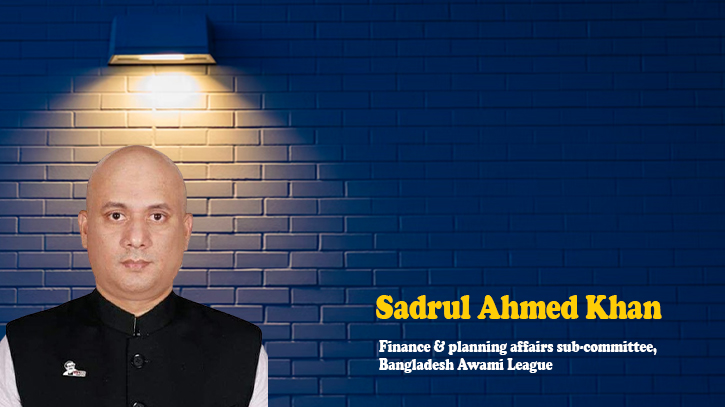
Photo : Messenger
Observer Research Foundation (ORF) presented its flagship conference, Raisina Dialogue 2024, from February 21–23 in Delhi. This was the 9th edition of the series. 2500 delegates from 100 countries attended this conference. Distinguished participants from politics, government, NGO, media, business, military, and civil society attended this conference, wherein the participants shared views, ideas, innovations, and concerns and celebrated disagreements. Raisina Dialogue is a platform where every voice is addressed, irrespective of political, geographical, military, or economic blocks/allies.
In this modern era, we don't fight as long as we can talk. This is not an issue with rich or poor, big or small countries. Like many others, we were also closely monitoring the Raisina Dialogue 2024. There were plenty of takes from these three days' events; however, my takeaways are as follows:
CYBERSECURITY: With the growing numbers of cyber facilities like social media, digital currency etc., the risks are also mounting to name a few misinformation, propaganda, subversion, hacking etc. are key elements. So, we need proper protection. Digital security can be compared with COVID security.
Lockdown/shutdown is an effective but autocratic process. Like social distancing or using masks in COVID-19, fact-checking and the removal of misinformation can be a short-term solution. As the vaccine gave us immunity, social awareness can give us a safe cyber platform. Users, service providers, regulatory bodies, and the government need to act as a team against misinformation and apply Denial Propaganda-Defame Propaganda, Disinform Propaganda-Deflect Truth-Destroy Propaganda. Digital hygiene is a democratic and sustainable process.
DE-RISKING: De-risking means denying dependency on a single country. Depending on supply or import, a specific country can be weaponized at any time by stopping the supply. It is always wise not to put all the eggs in one basket.
But developing countries need to be careful. As there is a huge risk in de-risking. Because we need to keep accelerating the growth too. So, we need to select/change partners carefully; we can't break our growth momentum Just to please a country or allies.
Trade and investment are sensitive, and private and FDI put their funds for long-term return, local employment is also generated from investment, so if we think about de-risking, we need to think about safeguarding investors ahead. Because if investors suffer little, consumers will suffer the worst.
Import policy, and tax policy all need proper attention beforehand making a de-risking decision.
ARCTIC DIPLOMACY: Sweden and Finland, two Arctic members, have joined NATO; on the other hand, Russia increasing ties with China in the arctic region. Which is likely to bring a head-to-head collusion. A race in weapon factories is inevitable in the arctic region; this region may be a new battle theatre. So Arctic Council reform is a must.
Climate change is the biggest concern in the arctic reason because what happens in the arctic never stays in the arctic. Sea levels rising, and ice melting is a global issue.
Search and rescue facilities need to facilitate but expedition and foil fuel mining can harm the environment.
UNITED NATIONS REFORM: UN reform is a common-sense proposition. when UN was formed, it had 50 members; now 200 plus. Veto-power countries also reshaped geographically, economically, and politically. So permanent member names and numbers also need to be reformed. During the Ukraine, Myanmar, and Gaza crises, the UN has yet to bring any solution; however, the UN's humanitarian aid is commendable.
The writer is member of the finance and planning affairs sub-committee, Bangladesh Awami League
Messenger/Disha








